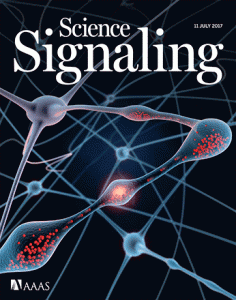 Science Signaling has issued an expression of concern for a 2016 paper, citing an institutional investigation into image manipulation.
Science Signaling has issued an expression of concern for a 2016 paper, citing an institutional investigation into image manipulation.
According to a spokesperson for the journal, the corresponding author, Tanya Kalin, became concerned that two images in the paper had been manipulated. Kalin then notified the research integrity officer at Cincinnati Children’s Hospital Medical Center, where she is based.
On May 9 2017, Kalin alerted the journal to the investigation. A week later, the hospital’s research integrity officer followed up with the journal, flagging the figures under question. The journal then prepared an expression of concern (EOC) to alert readers to the issues and the institution’s investigation.
Here’s the EOC notice for “The transcription factor FOXF1 promotes prostate cancer by stimulating the mitogen-activated protein kinase ERK5:” Continue reading Science journal flags cancer paper under investigation for image manipulation
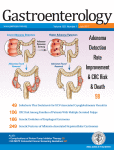
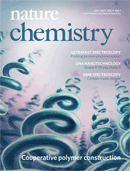

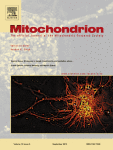 After
After 
 The executive board of the Leibniz Association in Germany has reprimanded the director of its institute on aging
The executive board of the Leibniz Association in Germany has reprimanded the director of its institute on aging 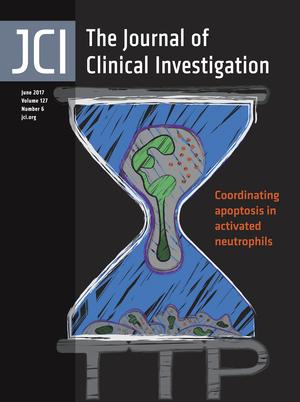 On Dec. 2, 2013,
On Dec. 2, 2013, 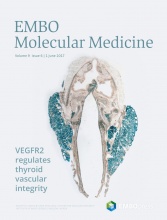 An EMBO journal has issued a correction for a well-cited 2012 review co-authored by a
An EMBO journal has issued a correction for a well-cited 2012 review co-authored by a 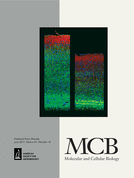 After a paper is published, how long should a journal consider allegations of misconduct? For one journal, that answer is: Six years.
After a paper is published, how long should a journal consider allegations of misconduct? For one journal, that answer is: Six years.